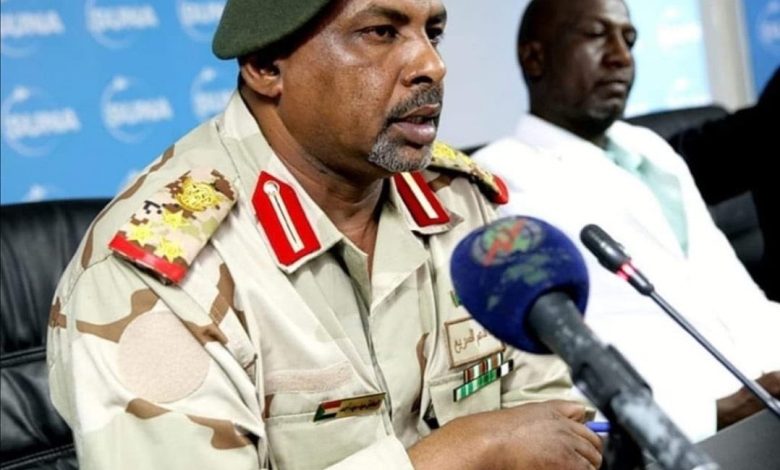From prisons to leadership: Al-Burhan’s use of prisoners and outcast figures

In the context of ongoing developments in Sudan amid continuous crises, new reports indicate a new strategy being pursued by the Sudanese army. This strategy involves enlisting former figures who were previously imprisoned to make them part of the army’s leadership structure.
From Prisons to Leadership
Promoting former prisoners to leadership positions
One of the prominent examples of this strategy is General “Al-Sadiq Sayed,” who was previously imprisoned on charges of dispersing the General Command sit-in. Despite his previous record, he was released during the early stages of the Sudanese crisis and was subsequently appointed to an important position in the Sudanese army, where he became the commander of the armored forces, especially after the death of General “Ayoub Abdulqader.”
Who is General Al-Sadiq Sayed?
He is one of the influential officers of the Islamic movement within the Sudanese army, and he was recruited to work with the Rapid Support Forces. He had extensive authority, allowing him to implant more “Kaizan” officers within the Rapid Support Forces. The plan of the Islamic movement was to control the Rapid Support Forces from within and use them later to eliminate the Sudanese army. However, the massacre of dispersing the sit-in raised suspicions about this double-agent officer, which led the leadership of the Rapid Support Forces to decide to try and detain him.
But by late Ramadan in 2019, a group of Islamists moved with their full military equipment and attacked his place of detention, securing his release along with 500 soldiers and officers who participated in that massacre. The Rapid Support Forces brought up the issue and made it one of the reasons behind the April 15 war. After that, General Al-Sadiq Sayed disappeared, but due to the significant loss of officers in the armored forces, his name resurfaced in the public eye. This marks the first time that Islamists have put their field leaders in the war openly and before everyone. Previously, they participated in the war under the name of Battalion of Bara’a bin Malik. This suggests that the Islamists are now engaging in their battles themselves after doubts emerged that Al-Burhan would go to Jeddah for negotiations.
Explanations behind this strategy
These movements raise numerous questions about the reasons behind the Sudanese army‘s use of figures who were previously controversial or outcast. Some believe that these steps are part of a new strategy followed by the Sudanese army, which includes enlisting former figures who were shunned or imprisoned to make them part of the army’s leadership structure to achieve internal balances for control.












